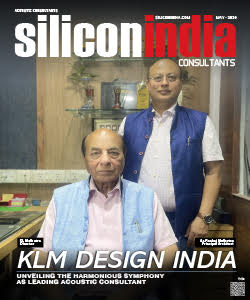WTO: India To Push Hard For Long-Stalled Doha Agenda In 2016
Biswajit Dhar, Professor at Centre for Economic Studies and Planning of Jawaharlal Nehru University, said 2015 has been disappointing for India as far as developments at the WTO are concerned.
The Nairobi Ministerial did not take any firm decisions regarding some of the key issues that India and several other developing countries had flagged, especially on agriculture, Dhar said.
"What could hurt countries like India more is the lack of consensus to continue with the negotiations in the Doha Round. The Doha mandate provides the best opportunity to move towards a just trading regime.
"In 2016, India would have to re-double its efforts to get the Doha negotiations on track. This is possible only by building strong developing country coalitions, which was missing in 2015," Dhar said.
The Nairobi declaration said that WTO members have different views on how to address the negotiations on the Doha Round issues.
In the New Year, India would also discuss framing a work-plan for special safeguard mechanism (SSM) as it is important for poor farmers of developing nations such as India in case of sudden surge in imports or dip in global commodity prices.
The Doha Round of negotiations launched in 2001 have remained stalled since July 2008 when the trade ministers' meeting in Geneva collapsed due to differences between the rich and the developing nations mainly on the level of protection for farmers in developing countries.
To find a permanent solution to the public stockholding issue for food security purposes, India had proposed either amending the formula to calculate the food subsidy cap of 10 per cent, which is based on the reference price of 1986-88, or allowing such schemes outside the purview of subsidy caps.
The food security issue concerns several developing nations which provide subsidised food grains to their poor.



